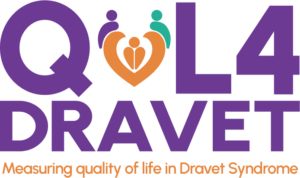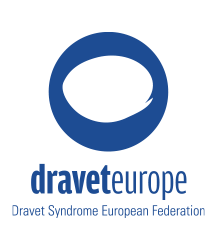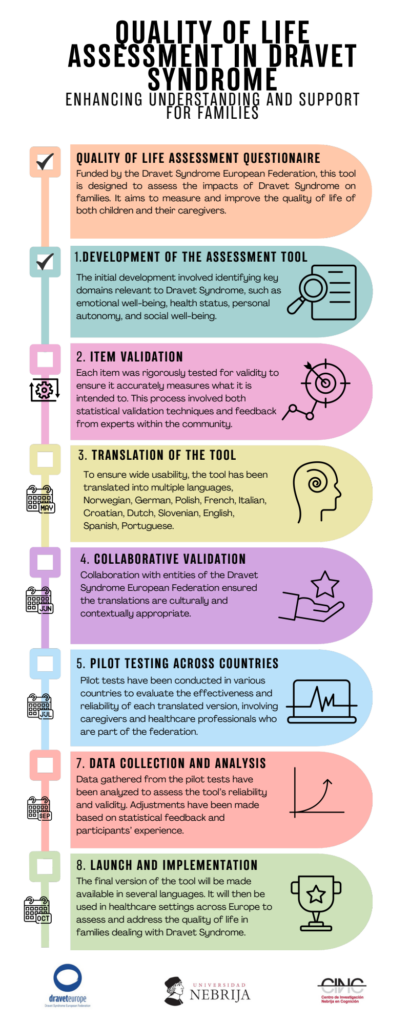
QoL4Dravet – Measuring Quality of Life in Dravet Syndrome
The final aim of the QOL4DRAVET questionnaire, which has been designed to comprehensively evaluate the well-being and quality of life specifically for caregivers and their children who are affected by this severe form of epilepsy, is to identify critical areas where interventions are most needed.
Recent studies have reported negative effects of Dravet Syndrome on caregivers, alluding mainly to physical and mental health, and even social relationships and economic resources, proposing that Dravet Syndrome has a great impact on their lives (Jesen et al., 2017). Similarly, it has been suggested that the quality of life of minors with Dravet Syndrome is lower compared to the general population, especially when more severe and more frequent seizures occur (Lagne et al., 2018). Patients with Dravet Syndrome require continuous and complex support, in which has a major impact on the family’s quality of life (Nolan et al., 2008).
The DSEF strongly believes that creating a specific questionnaire to assess quality of life in this population and their caregivers is crucial to understand and identify the complexity of Dravet Syndrome’s negative impact and highlight the lack of resources families have to cope with it.
The questionnaire development has been structured in multiple phases, with each phase aiming to assess the quality of life for individuals living with Dravet Syndrome and their support networks. This project has been distinguished by its comprehensive and inclusive methodology, engaging a wide array of stakeholders, including patients and their families. Such an approach ensures a holistic view of the challenges faced by those affected by this severe form of epilepsy.
At the core of this initiative is a commitment to collaboration. The development phase of the tools and methods has been conducted in close cooperation between the Dravet Syndrome European Federation and the scientific team directed by Prof. Jon Andoni Duñabeitia at Universidad Nebrija, with the collaboration of critical stakeholders. This will guarantee that the QOL4DRAVET effectively address the social, psychological, familial, and economic aspects relevant to Dravet patients and their families.
The Questionnaire covers:
✅ Sociodemographic Information: Family structure, financial situation, education level, and caregiving responsibilities.
✅ Health Status of the Affected Person: Number and severity of seizures, hospital visits, current treatments, and medications.
✅ Mental Well-being: Emotional burden, stress levels, and overall life satisfaction of both affected individuals and their families.
✅ Social Support: Satisfaction with social relationships, feelings of isolation, or available support networks.
✅ Physical Health and Daily Life Management: Sleep quality, physical discomfort, and ability to perform self-care.
✅ Access to Medical Care and Support Services: Use of therapies, financial burdens, and gaps in care.

